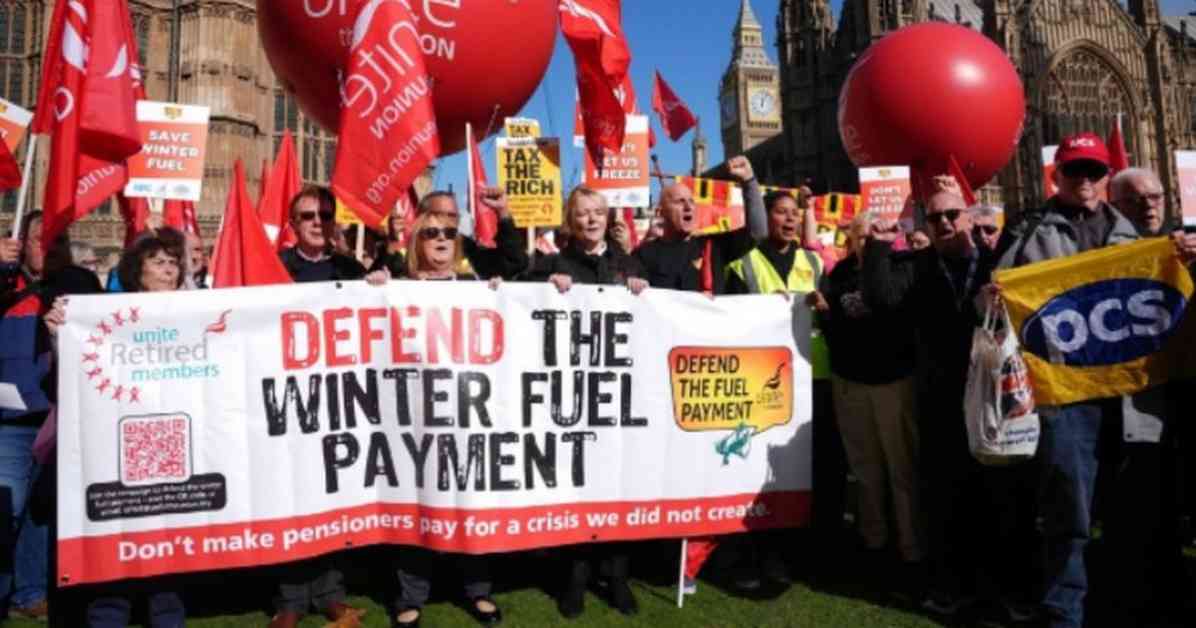A significant update has emerged in the ongoing legal battle concerning the government’s decision to cut the Winter Fuel Payment by £300. The Department for Work and Pensions (DWP) is planning to eliminate £200 or £300 payments for most elderly individuals. Two Scottish pensioners have secured a hearing date to contest the UK and Scottish government’s move to reduce access to this benefit. If successful, over 10 million households that have lost the annual top-up of up to £300 could potentially have the assistance reinstated by the DWP.
According to the 2010 Equality Act, public bodies, including lawmakers, are obligated to consider the impact of their decisions on ‘protected characteristics’ such as age and disability. The Govan Law Centre (GLC) is arguing that the new Labour Party government failed to adhere to this requirement. The GLC asserts that the government did not conduct a thorough equality impact assessment as mandated before curtailing the Winter Fuel Payment. Although the government claims to have released a ‘High-Level Equality Analysis,’ the GLC argues that this does not satisfy the Equality Act’s criteria. It maintains that there was no proper evaluation of the risks associated with the new regulations. If the court determines that the government neglected its responsibilities under the Equality Act, the decision to restrict payments could be deemed illegal.
A Government representative chose not to comment on the legal proceedings, emphasizing that it was necessary to “target support to those who need it most” given the “dire state of public finances we have inherited.” The Scottish courts have granted permission for the Govan Law Centre’s legal challenge to proceed. However, the full hearing is scheduled for January 15, 2025.
The potential ramifications of this legal battle are significant for the millions of households affected by the Winter Fuel Payment cuts. If the court rules in favor of the petitioners, it could mean a reinstatement of the assistance that many rely on during the winter months. This case also sheds light on the importance of conducting thorough impact assessments before implementing policy changes that could disproportionately affect vulnerable groups in society. It underscores the need for government bodies to adhere to legal obligations aimed at protecting the rights of individuals with ‘protected characteristics’ such as age and disability.
As the legal proceedings unfold, it will be crucial to monitor the developments and implications for both the government’s policy decisions and the individuals impacted by the Winter Fuel Payment cuts. The outcome of this case could have far-reaching effects on future social welfare policies and the government’s approach to addressing the needs of vulnerable segments of the population. Stay tuned for further updates on this critical legal battle and its potential outcomes.



























